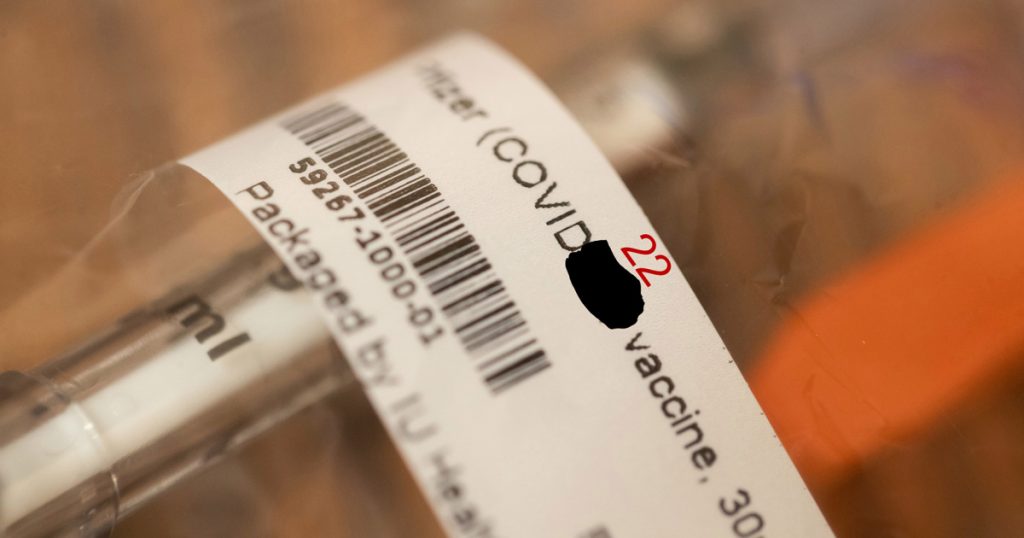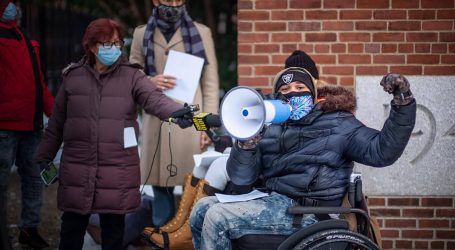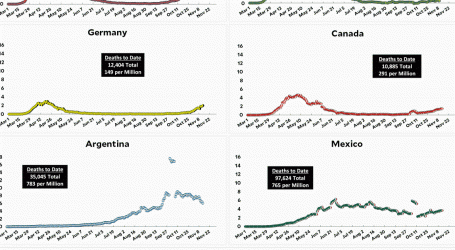What If There’s a COVID-22? How Should We Handle It?
Jeremy Hogan/SOPA Images via ZUMA
Let our journalists help you make sense of the noise: Subscribe to the Mother Jones Daily newsletter and get a recap of news that matters.Here’s a question for everyone to ponder.
As you know, the Moderna vaccine was developed in two days. The rest of the time after that was devoted to testing and production. Now, suppose it’s 2022 and we get hit with another coronavirus. Once again, the boffins develop a vaccine within two days. What’s more, they say that the new vaccine is structurally fairly similar to the COVID-19 vaccine, which means that it’s probably about as safe.
Probably. Maybe. Possibly.
So what do we do? Go through another nine months of testing? Or, given the vast death toll that’s likely without a vaccine, go immediately into production and start vaccinating people as soon as possible? If it turns out there are severe side effects, then stop and try something different.
I ask this because I don’t think it’s an unlikely scenario. We had SARS in 2003, MERS in 2012, and COVID-19 in 2019, which suggests that another coronavirus is likely to break out within the next decade. And given our experience with COVID-19, there’s going to be huge pressure to start a vaccination campaign as soon as possible. After all, what are the odds that even an untested vaccine could kill more people than an uncontrolled pandemic? And our experience with COVID-19 gives us a big leg up on how to quickly manufacture similar vaccines in large quantities.
Obviously the details matter here. How deadly is our hypothetical COVID-22? How similar is the vaccine to COVID-19? What’s the scientific consensus about its safety? Sometime in the next few years these might all turn out to be more than idle questions.





